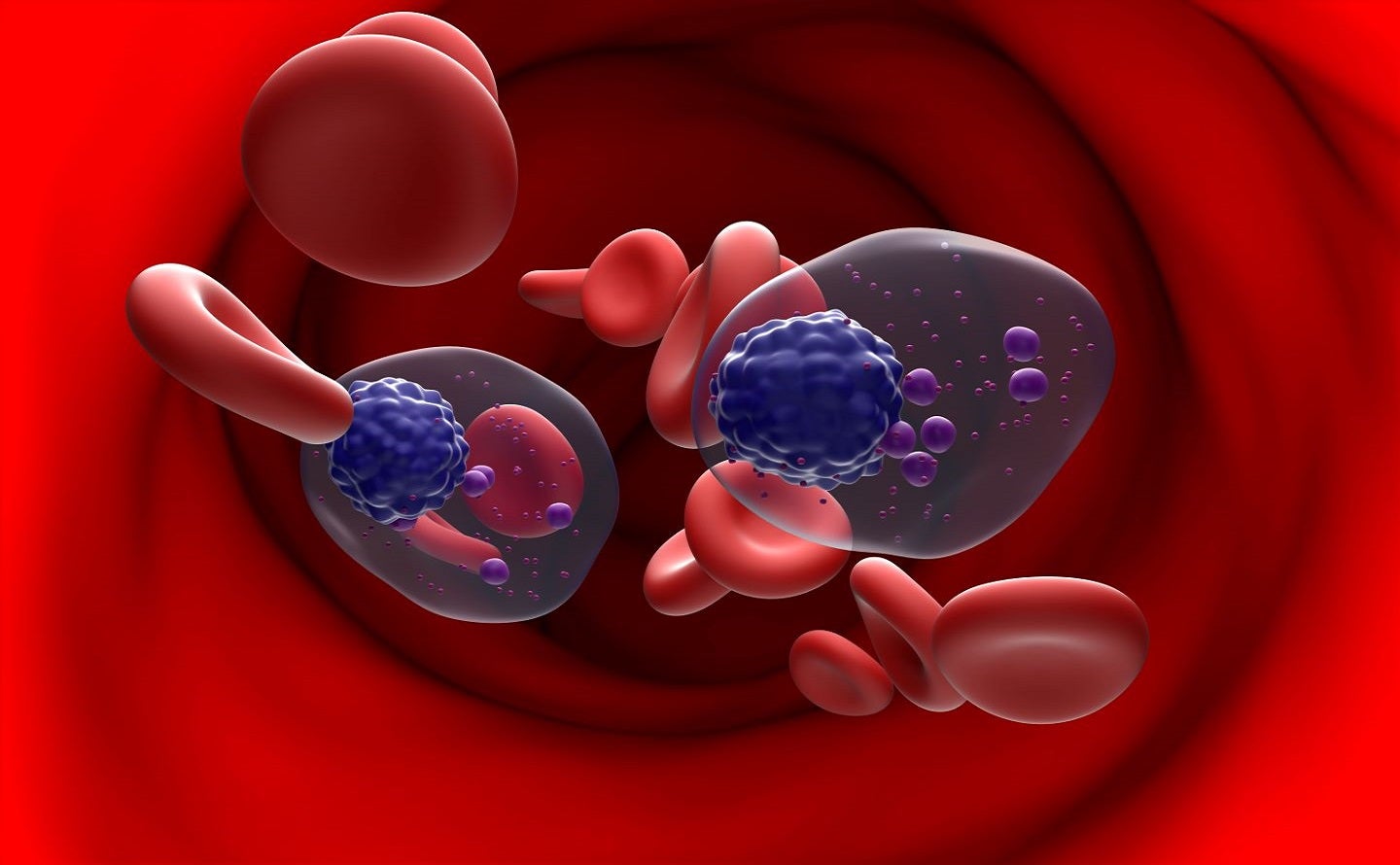

Karyopharm Therapeutics and Bristol-Myers Squibb (BMS) have signed a clinical trial collaboration and supply agreement for assessing mezigdomide in combination with selinexor and dexamethasone in patients with relapsed/refractory multiple myeloma.
BMS’ mezigdomide is an investigational cereblon E3 ligase modulator (CELMoD), while selinexor is an approved first-in-class inhibitor of Exportin 1 (XPO1) from Karyopharm.

Discover B2B Marketing That Performs
Combine business intelligence and editorial excellence to reach engaged professionals across 36 leading media platforms.
The study will assess mezigdomide in combination with either 40mg or 60mg of selinexor plus dexamethasone in patients who have previously been exposed to immunomodulatory (IMiD) drug agents, proteasome inhibitors and anti-CD38 monoclonal antibody treatment.
All patients should have previously undergone a minimum of two therapy lines and have experienced disease progression after, or be ineligible for, CAR-T or bispecific antibody treatment.
Assessment of the clinical benefit rate (CBR) and objective response rate (ORR) are the study’s primary endpoints.
The secondary endpoints are the duration of response (DOR), progression-free survival (PFS) and overall survival (OS).

US Tariffs are shifting - will you react or anticipate?
Don’t let policy changes catch you off guard. Stay proactive with real-time data and expert analysis.
By GlobalDataThe trial will also assess dynamic changes in T-cell populations and activity as patients receive treatment.
Under the agreement terms, Karyopharm will sponsor the trial as a new arm of its Phase Ib/II STOMP trial, while (BMS) will provide the clinical drug mezigdomide for the study.
Karyopharm president and CEO Richard Paulson said: “This is an important collaboration with BMS to explore this novel and entirely oral combination in patients who have progressed following T-cell engaging therapy.
“This trial will also evaluate mezigdomide-selinexor plus dexamethasone in patients with relapsed/refractory multiple myeloma who need an effective alternative to T-cell therapies.”
Acting as the study’s senior investigator is Paul Richardson, the RJ Corman Professor of Medicine at the Dana Farber Cancer Institute.
Richardson said: “This particular combination represents an innovative and promising approach to treating relapsed and refractory multiple myeloma with the convenience of an all-oral approach.
“We look forward to learning more about its potential in triple-class exposed patients, as well as in those who’ve experienced anti-BCMA and T-cell directed treatment failure.”
Cell & Gene therapy coverage on Clinical Trials Arena is supported by Cytiva.
Editorial content is independently produced and follows the highest standards of journalistic integrity. Topic sponsors are not involved in the creation of editorial content.



